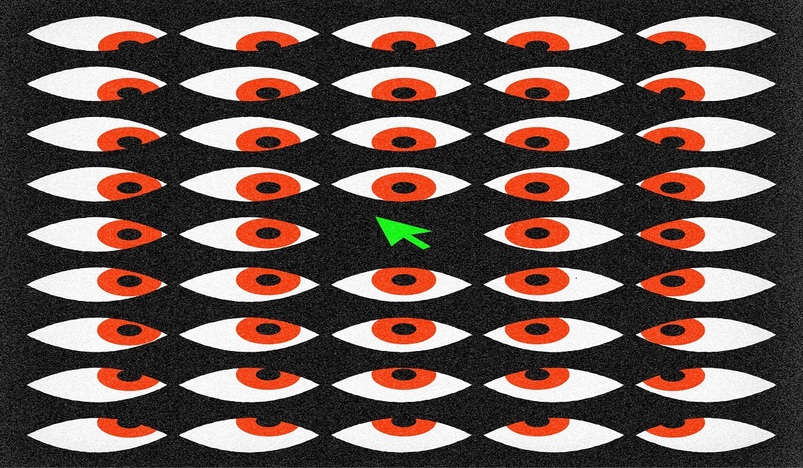
America, Your Privacy Settings Are All Wrong
Americans have become inured to the relentless collection of their personal information online. Imagine, for example, if getting your suit pressed at the dry cleaner's automatically and permanently signed you up to have scores of inferences about you — measurements, gender, race, language, fabric preferences, credit card type — shared with retailers, cleaning product advertisers and hundreds of other dry cleaners, who themselves had arrangements to share that data with others. It might give you pause.
But that’s the daily reality on the internet. Every minute a person spends online helps countless companies build a thicker dossier about that person.
Despite what corporations profess, much of this personal data is used not to improve products themselves, but to make those products more attractive to advertisers.
One straightforward solution is to let people opt in to data collection on apps and websites. Today, with few exceptions, loads of personal data are collected automatically by default unless consumers take action to opt out of the practice — which, in most cases, requires dropping the service entirely.
irginia recently had the opportunity to extend firmer data protection rights to its residents. But the state’s Consumer Data Protection Act, signed into law this month, is a business-friendly package, supported by Amazon and Microsoft, that puts the onus on consumers to opt out of most data collection, except for the most sensitive personal details. Washington State lawmakers are advancing similar legislation.
Corporations say opt-out provisions put control into the hands of consumers. But users are no more likely to switch off data collection than they are to read through the onerous and lengthy terms and conditions policies that litter the web. Many companies bury their data collection controls deep within their websites. Even if consumers can find them, their choices most likely don’t apply to a company’s subsidiaries or affiliates.
Because of how personal data is shared, “there could be thousands or hundreds of thousands of companies that have data on you,” said Stacey Gray, senior counsel at the nonprofit Future of Privacy Forum. “Users, however, typically do not change their default settings even when it means their data is being collected.”
It’s understandable, then, why companies want to preserve the status quo. Culling and distributing personally identifiable data is how web users are served up the lucrative ads that can seem distressingly relevant. However, consumers’ data is now so widely dispersed that security breaches can sweep up information about people who’ve never even visited certain websites.
It should not be the role of consumers to make marketers’ jobs easier. Furthermore, there is evidence that such highly targeted advertising isn’t really necessary to support the free web, as technology companies that are against opt-in provisions often argue.
.jpg)
Qatar Secures Place Among the World's Top 10 Wealthiest Nations
.jpg)
Hamad International Airport Witnesses Record Increase in Passenger Traffic

Saudi Arabia: Any visa holder can now perform Umrah

What are Qatar's Labour Laws on Annual Leave?
Leave a comment